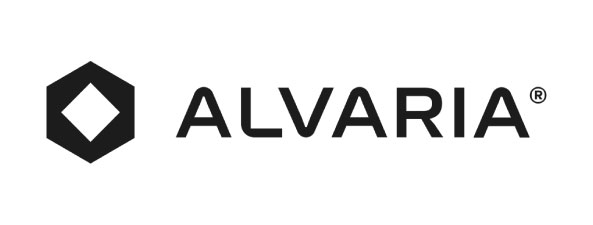Debt collection compliance ensures that collection agencies and organizations operate within the boundaries of the law while maintaining ethical standards. This blog explores the fundamentals of debt collection compliance, the key regulations governing the industry, and the significant impact these regulations have on both businesses and consumers.
Debt Collection Compliance: The Laws
Debt collection compliance begins with understanding the various laws and regulations that dictate how debt collection activities should be conducted. One of the most important regulations is the Fair Debt Collection Practices Act (FDCPA), which outlines specific practices that are prohibited, such as harassment, false statements, and unfair practices. Compliance with the FDCPA not only helps avoid legal repercussions but it also helps to build trust and credibility with consumers.
Another regulation is the Consumer Financial Protection Bureau (CFPB) guidelines, which provide additional protections for consumers and require debt collectors to be transparent, fair, and respectful in their interactions. These guidelines emphasize the importance of providing clear information to consumers about their debts and ensuring that their rights are protected throughout the collection process.
A key component of debt collection compliance is the Safeguards Rule under the Gramm-Leach-Bliley Act (GLBA). The Safeguards Rule requires financial institutions, including debt collection agencies, to implement measures to protect customer information’s security, confidentiality, and integrity. This rule mandates that agencies maintain an information security program that includes administrative, technical, and physical safeguards.” By adhering to the Safeguards Rule, debt collection agencies can prevent data breaches and unauthorized access to sensitive information, which is vital for maintaining consumer trust and avoiding costly legal penalties.
The Impact Of Non-Compliance
Adhering to compliance standards helps agencies avoid legal issues and fosters a positive reputation in the market. Maintaining compliance can lead to better relationships with regulatory bodies, which can be beneficial in case of audits or investigations.
However, being non-compliant can result in severe consequences, including large fines, litigation, and damage to the agency’s reputation. In some cases, non-compliance can even lead to the loss of business licenses, effectively shutting down operations. Therefore, debt collection agencies must prioritize compliance and integrate it into their daily operations.
How TEC Services Group Can Help You Stay Compliant
By understanding and adhering to key regulations, including the FDCPA, CFPB guidelines, and the Safeguards Rule, agencies can build trust with consumers, avoid legal issues, and maintain a positive reputation in the industry. TEC Services Group is an invaluable partner in this endeavor, providing the necessary tools and expertise to ensure full compliance and protect consumer information.
TEC Services Group is a leader in providing comprehensive solutions for the debt collection industry. We can help collection agencies achieve and maintain debt collection compliance through our expertise in regulatory requirements and industry best practices. We offer tailored solutions to ensure agencies comply with all relevant laws and regulations, even as they change state-to-state or nationwide. Our services include compliance audits, training programs, and the implementation of security measures to help you protect consumer information in line with the Safeguards Rule.
For more information on how TEC Services Group can assist with debt collection compliance, contact us through our online form or by calling 941.375.0300.







